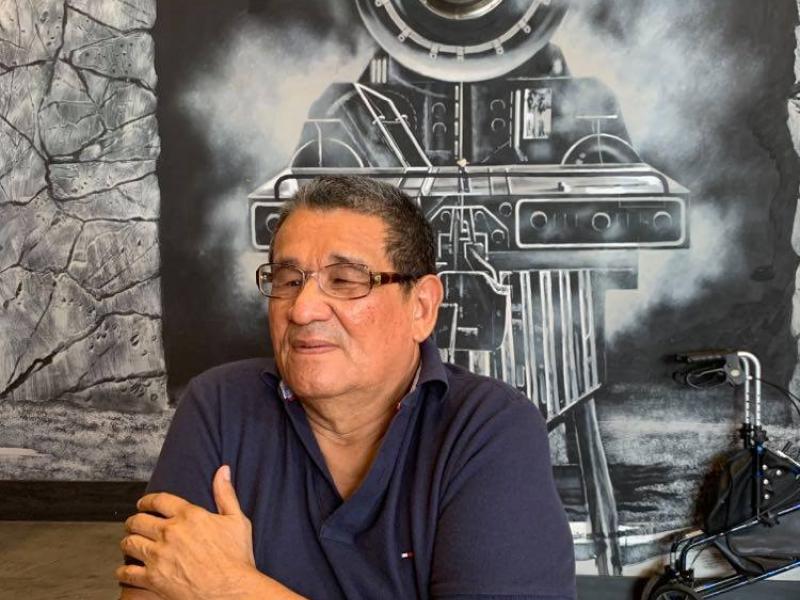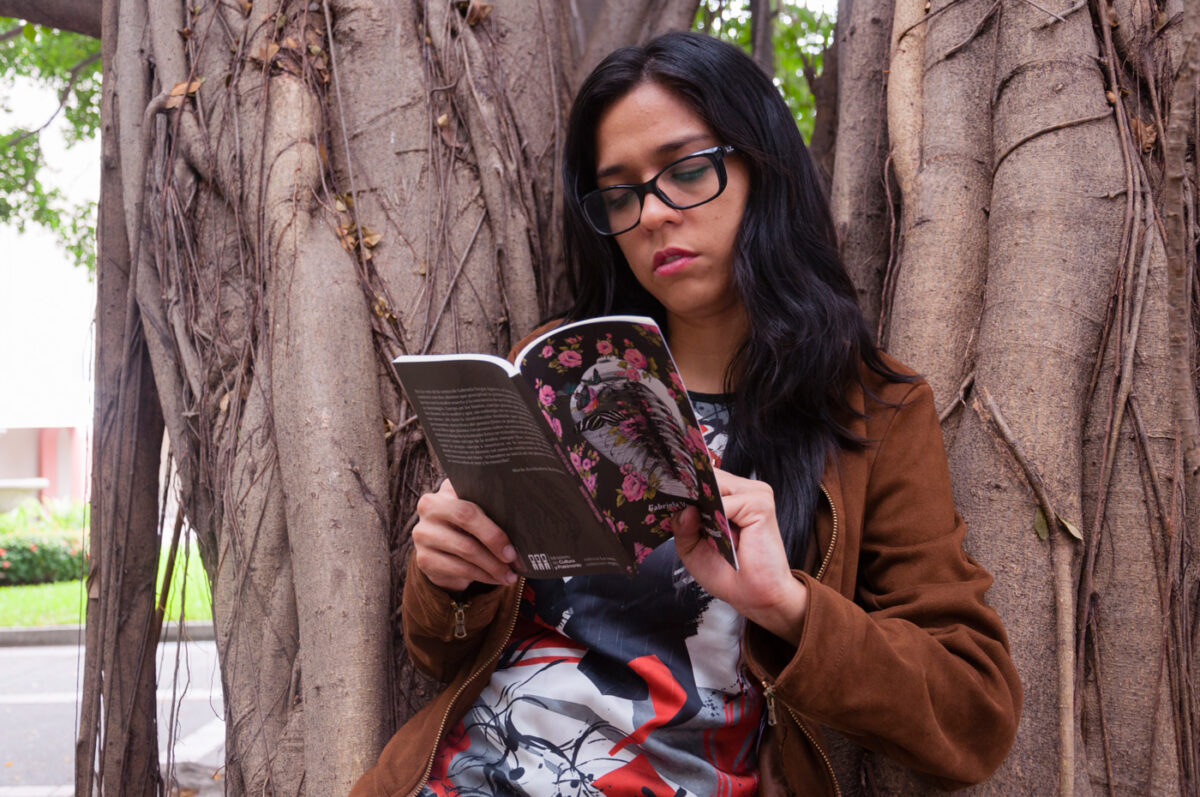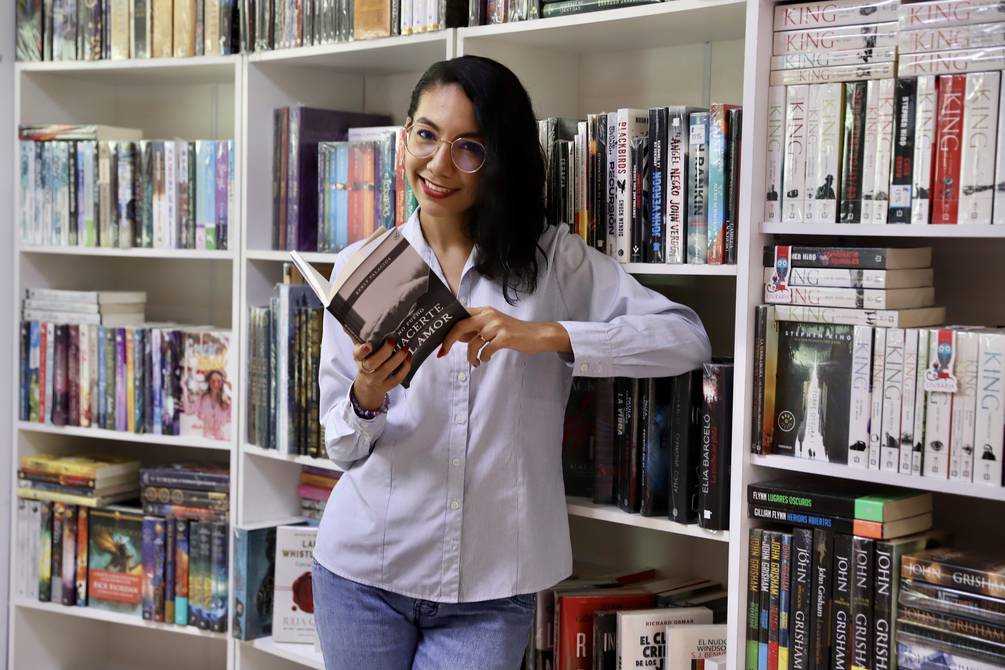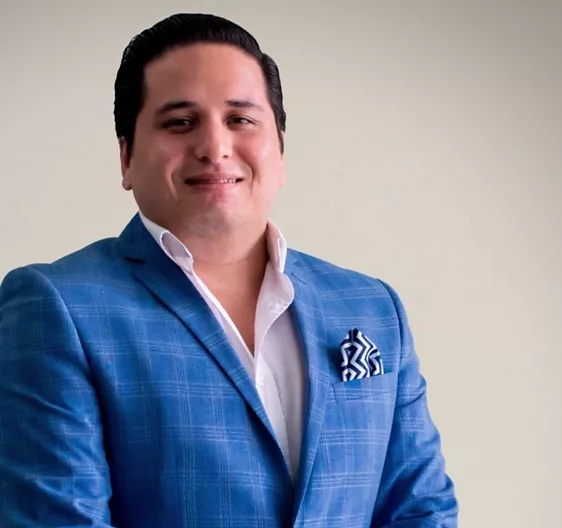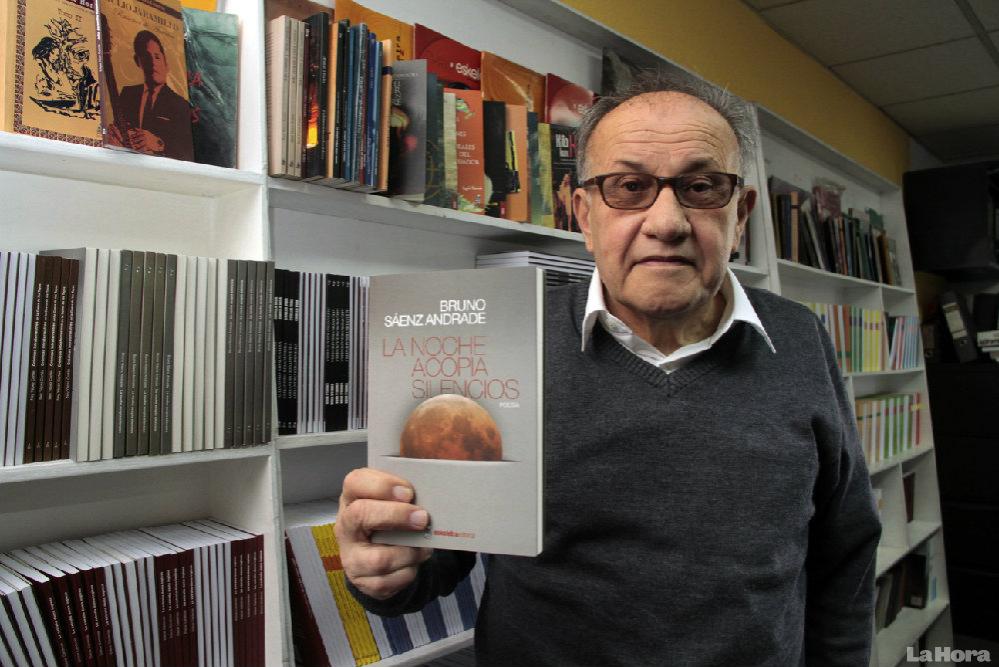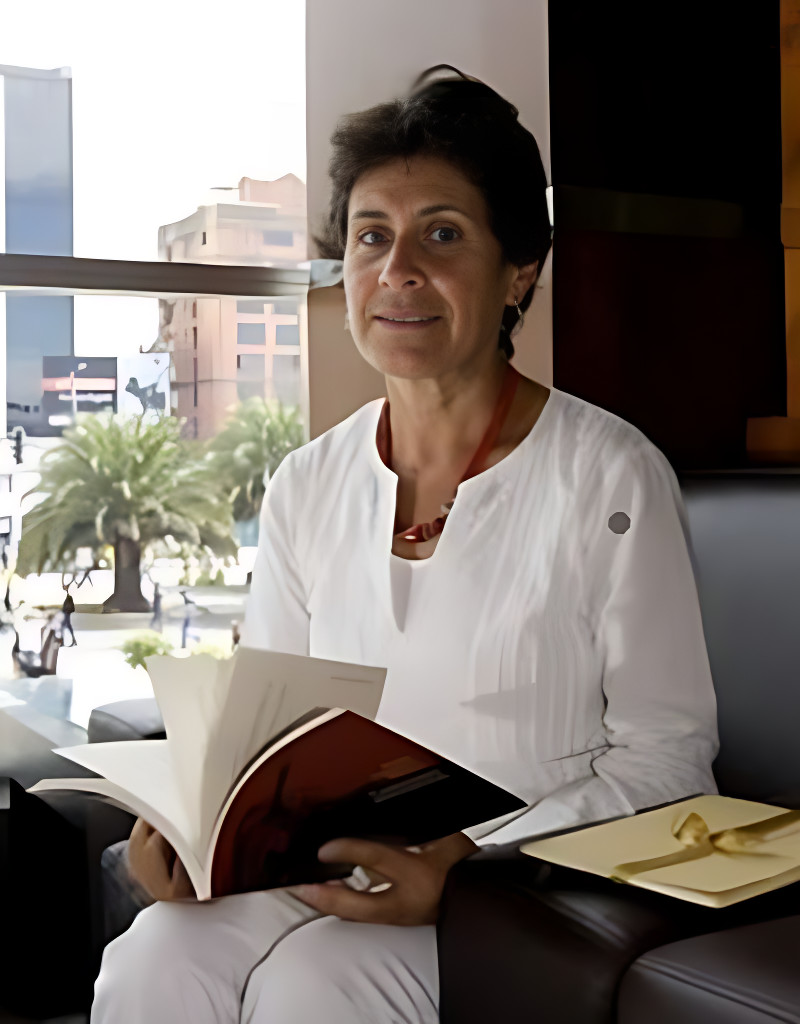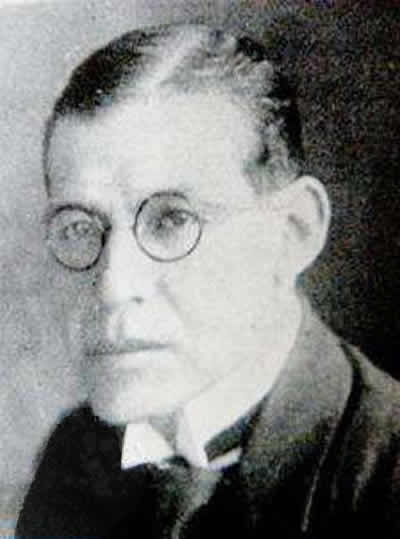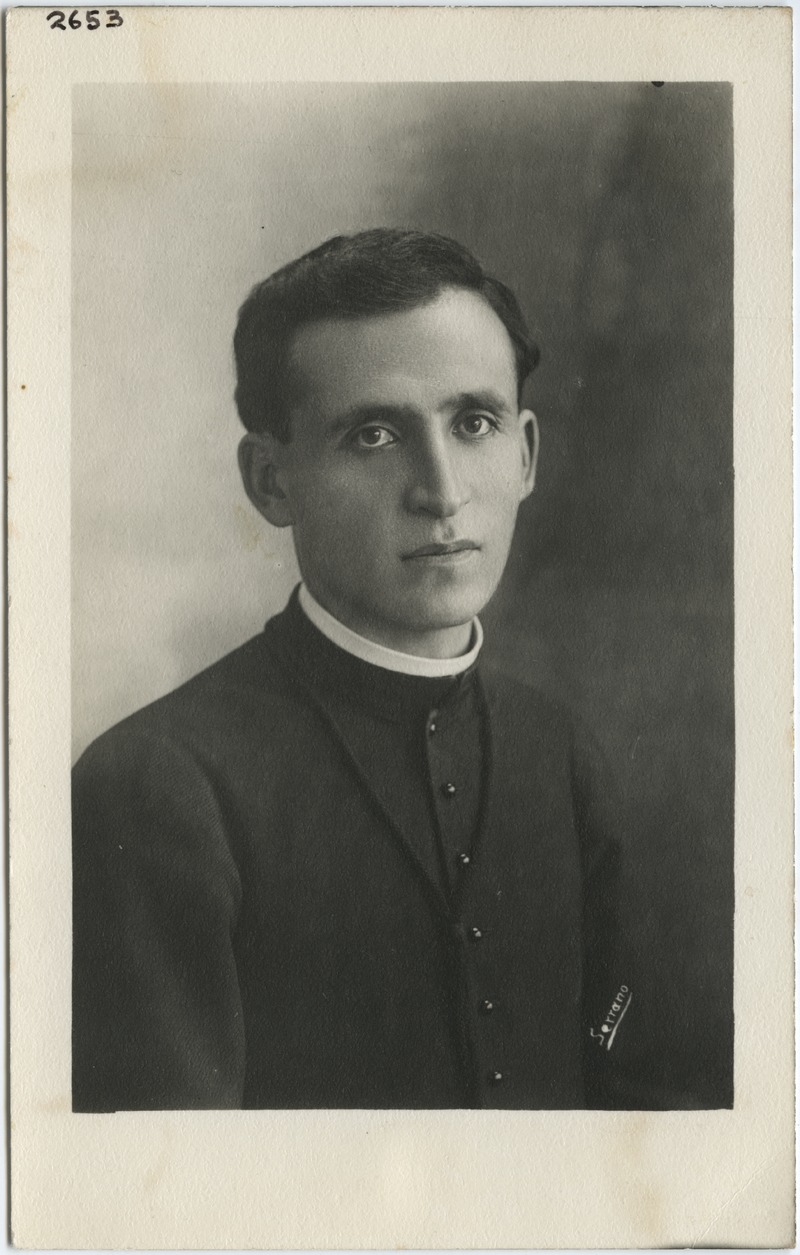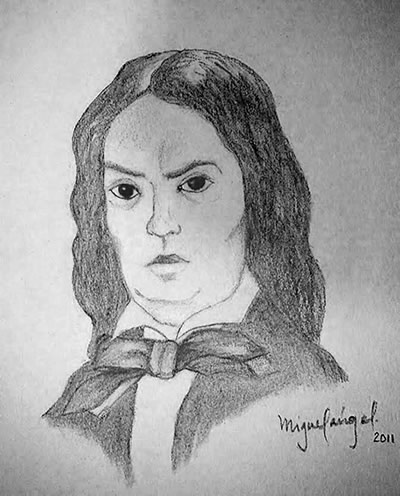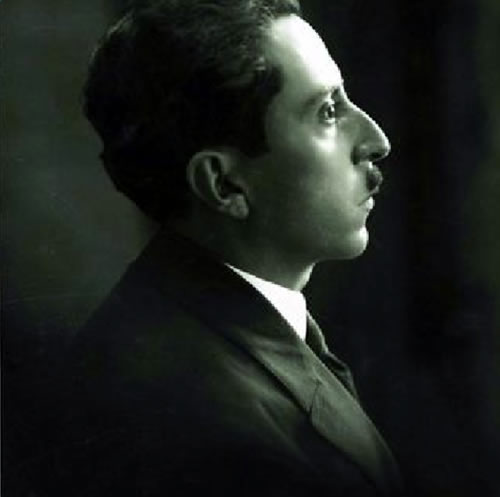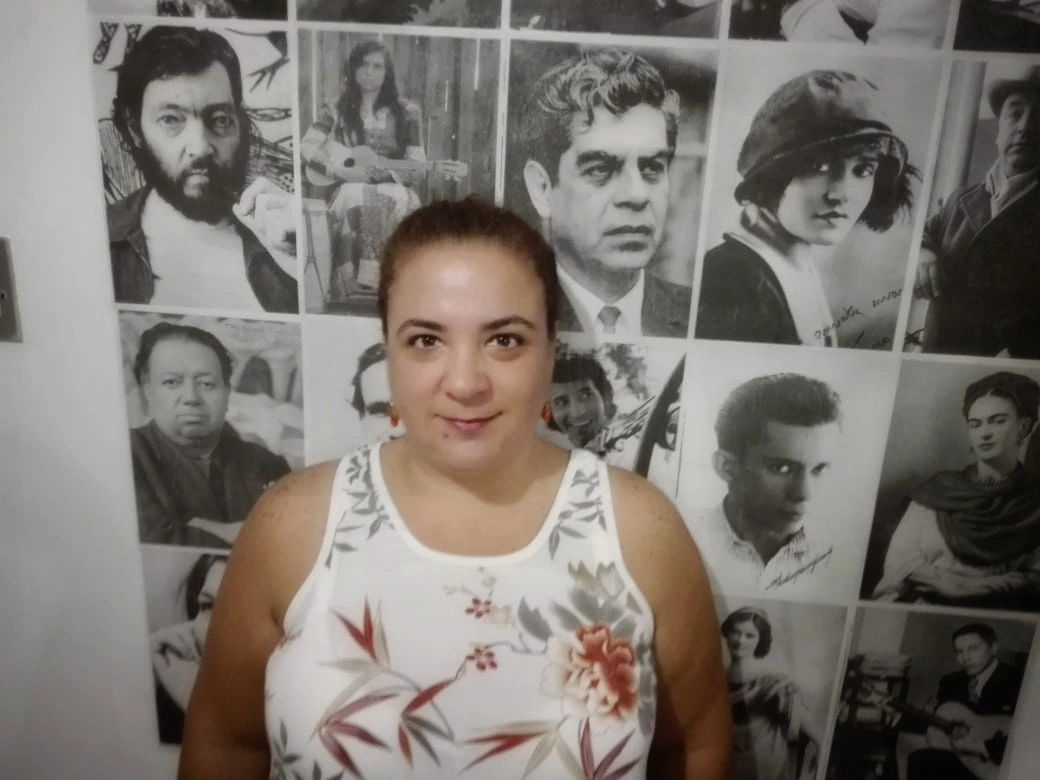The Generación Decapitada (Spanish for “Decapitated Generation” or “Beheaded Generation”) refers to a group of early 20th-century Ecuadorian poets who are remembered for their significant contributions to Ecuadorian modernismo and their tragically short lives, marked by premature death, typically by suicide. The name “Decapitated Generation” alludes to their untimely deaths, which cut short their literary careers. The core members of this group include Medardo Ángel Silva, Ernesto Noboa y Caamaño, Arturo Borja, and Humberto Fierro. Despite never formally organizing as a literary group, their shared themes, stylistic influences, and similar fates have led literary critics to recognize them as a distinctive and influential circle in Ecuadorian poetry.
Continue reading “The Decapitated Generation”Category: Poets
Temístocles José Araúz Rojas
Dr. Temístocles José Araúz Rojas (Machala, October 14, 1871 – ?) was an Ecuadorian doctor, writer, and politician. His best known work is the hymn of El Oro province. He wrote political articles for several newspapers in the country, including El Telégrafo, Diario de Avisos, and El Tiempo. He served as governor of El Oro province and then senator for 9 years.
Continue reading “Temístocles José Araúz Rojas”Dalton Osorno
Dalton Osorno (Jipijapa, 1958) is an Ecuadorian writer, poet, literary critic, and retired professor. His short novel, “Sonata para jaibas y cangrejos,” won the 2020 La Linares award, which he shared that year with Hans Behr Martinez, who was recognized for his own short novel. Orsono has published a collection of short stories and several collections of poetry. His book of poems, “No hay peor calamidad, desfachatez, infatuamiento que un poeta enamorado,” was awarded the Unique Prize at the VII National Literature Contest in Guayaquil. He has lived in Guayaquil since 1970.
Continue reading “Dalton Osorno”Gabriela Vargas
Gabriela Vargas Aguirre (Guayaquil, 1984) is an Ecuadorian poet. Her first collection of poems, “La ruta de la ceniza” (2017), which dealt with her mother’s death, received critical acclaim. She was able to publish the book thanks to a competitive grant from the Ministry of Culture and Patrimony. She has participated in various poetry festivals in Ecuador and other South American nations and her poems have been published in several anthologies. In 2020 her second poetry collection, “Lugares que no existen en las guías turísticas,” won the Vicente Huidobro International Poetry Prize and was published in Spain in 2021 by Valparaíso Ediciones.
Continue reading “Gabriela Vargas”Kerly Palacios
Kerly Palacios Escobar (Guayaquil, 1994) is an Ecuadorian writer and poet. She has published two poetry collections, “El desvelo de mis versos” (2018) and “Secuelas” (2020). In 2021, she published her first novel, “No puedo hacerte el amor,” an erotic romance about a couple who cannot consummate their marriage. She claims to have written it in just four hours in December 2020, while character development and editing took another six months. She has taken part in the International Book Festival of Guayaquil.
Continue reading “Kerly Palacios”Miguel Álava Alcívar
Miguel Álava Alcívar, sometimes Miguel Alavalcívar (Portoviejo, 1988) is an Ecuadorian novelist, poet and philosophy professor. He has lived in Guayaquil for many years. His novels include Universos paralelos (2004), Amada inmortal (2005), El mundo contado al revés (2011) and El Trapecista (2012), which he has referred to as his best work. In 2012 he became a member of the Guayas Chapter of the House of Ecuadorian Culture. He is on the editorial team of the International Journal of Social Science and Economics Invention.
Continue reading “Miguel Álava Alcívar”Bruno Sáenz Andrade
Bruno Sáenz Andrade (Quito, September 13, 1944 – Quito, January 11, 2022) was an Ecuadorian writer, poet, essayist and literary critic. He authored numerous books including: “El aprendiz y la palabra,” “Relatos del aprendiz,” “Comedia del cuerpo,” “1944, La promesa y la siega” and “La noche acopia silencios.” A lawyer by profession, in his working life he served as director of the School of Prosecutors in the Public Ministry, as well as Undersecretary of Culture. He was a regular speaker at the House of Ecuadorian Culture, the Benjamín Carrión Cultural Center, and the Rayuela bookstore, among other places. He was an emeritus member of the Ecuadorian Academy of Language since 2014. In 2003 his poetry book “Escribe la inicial de tu nombre en el umbral del sueño” won the Jorge Carrera Andrade Award.
Continue reading “Bruno Sáenz Andrade”Jennie Carrasco Molina
Jennie Carrasco Molina (Ambato, 1955) is an Ecuadorian novelist, short story writer, poet, journalist, editor, university professor and holistic therapist. She has worked with the press and on women’s issues. Her works include the short story collection “La diosa en el espejo” (1995), the poetry collection “Arañas en mi vestido de seda” (2001), and the novel “Viaje a ninguna parte” (2004). In 2011 her poetry collection “Confesiones apocalípticas” won the prestigious Jorge Carrera Andrade Prize. Some of her poems have been translated into English.
Continue reading “Jennie Carrasco Molina”Sergio Nuñez
Sergio Núñez Santamaría (Santa Rosa, Ambato, October 7, 1896 – Quito, 1982) was a novelist, short story writer, poet, playwright, literary critic and pedagogue. As a poet, he wrote in verse and prose, and was greatly influenced by the modernismo literary movement of Ruben Dario of Nicaragua. In 1918 he published his first poetry book, “Hostias de fuego,” with a prologue by Medardo Ángel Silva. He belonged to the “30 Generation,” a group of authors from the 1930’s Ecuador who used social realism in their fiction to denounce how Indians were treated in Ecuador. His novellas “Juego de hacienda” and “Circunferencia” are considered Indigenista fiction. A private school in Guayaquil bears his name.
Continue reading “Sergio Nuñez”Manuel María Palacios Bravo
Manuel María Palacios Bravo (Cuenca, January 9, 1891 – 1972) was an Ecuadorian poet, writer, and Catholic priest known for his deeply spiritual and melancholic works that blended religious themes with modernist and neoclassical influences. His poetry often reflected on life, death, and the human condition, with notable works including Chabita (1922), La elegía del Pichincha (1923), and Cantos de ayer (1953). He was also a member of the Academia Ecuatoriana de la Lengua and played a key role in Ecuador’s cultural and religious spheres, particularly through his involvement in the construction of Cuenca’s Cathedral. In 1957, the University of Cuenca included a selection of his poems, curated by Rigoberto Cordero y León, in the anthology Presencia de la Poesía Cuencana.
Continue reading “Manuel María Palacios Bravo”Eloy Proaño
Eloy Proaño Donoso (1890-1965) was an Ecuadorian poet. In 1946 he published a poetry collection, “Humo.”
Continue reading “Eloy Proaño”Luis F. Veloz
Luis F. Veloz (Quito, 1885-1959) was an Ecuadorian poet and sculptor. Along with his friends Aurelio Falconí and Julio E. Rueda, he founded Altos Relieves, one of the first magazines to publish young poets influenced by modernismo in Ecuador. His poems were published in Altos Relieves and the magazine Revista de la Sociedad Jurídico-Literaria. He wrote about art and translated some of the poems of the Italian poet Gabriele D’Annunzio into Spanish. He stopped writing verses to focus on sculpting. In 1918, the Ecuadorian government sponsored him to go the school of Fine Arts in Rome, where he lived for many years. He’s best remembered for his controversial marble statue La Bacante y el Fauno, which was commissioned by the Illustrious Municipal Council of Quito (Ecuador) and created in Rome. Today this statue can be found in the Malecon 2000 in Guayaquil. A collection of his poems and some plays have yet to be published.
Continue reading “Luis F. Veloz”Felix Valencia
Felix Valencia Vizuete (Latacunga, August 31, 1886 – Quito, January 3, 1919) was an Ecuadorian poet often called the “Poet of Sorrow.” During his lifetime he published the books “Cantos de vida y muerte” [Songs of Life and Death] (1911) and “La epopeya de San Mateo” [The Epic of Saint Matthew] (1914). In 1934, his friend, writer and journalist Alejandro Andrade Coello, published “Los poemas del dolor” (Poems of Sorrow), a posthumous collection of his poems. Valencia’s life and work were marked by loneliness, misanthropy and melancholy.
Continue reading “Felix Valencia”Alfonso Moreno Mora
Alfonso Moreno Mora (Cuenca, April 21, 1890 – Cuenca, April 1, 1940) was a modernist poet. He co-founded the magazine Páginas Literarias with his cousin Miguel Moreno Serrano in 1918, becoming its editor in chief. He published poems in this magazine under the pseudonyms Enrique de Rafael and Raedel. He also promoted the work of modernist poets such as Argentina’s Leopoldo Lugones and Nicaragua’s Rubén Darío. Some of the magazines that published Moreno Mora’s poems include Austral, Azul, Proteo, and América Latina. He also contributed to the daily newspapers Diario del Sur, La Nación, and El Mercurio. He was a member of Ecuador’s so-called Decapitated Generation and authored works such as “Visión lírica,” “Epístola a Luis Felipe de la Rosa,” and “Elegías.” On April 1, 1940, shortly before his 50th birthday, Alfonso Moreno Mora passed away in his hometown. Eleven years later, his brother and fellow poet Manuel Moreno Mora published “Alfonso Moreno Mora. Poesía,” a compilation of his literary work.
Continue reading “Alfonso Moreno Mora”María Paulina Briones
Mara Paulina Briones Layana (Guayaquil, 1974) is an Ecuadorian writer, editor, and professor. She currently teaches Journalism and Literature, as well as Journalistic Projects, at Casa Grande University and the University of the Arts (both in Guayaquil). She also runs the publishing company Cadaver Exquisito, which she founded in 2012, and has been the director of La Casa Morada, a cultural initiatives company that promotes reading, since 2009. She is featured in the bilingual poetry collection “Lengua me has vencido” (2017). Some of her stories have appeared in the Latin American Culture magazine Guaraguao, as well as the virtual magazines El Otro Lunes and Matavilela from Ecuador.
Continue reading “María Paulina Briones”